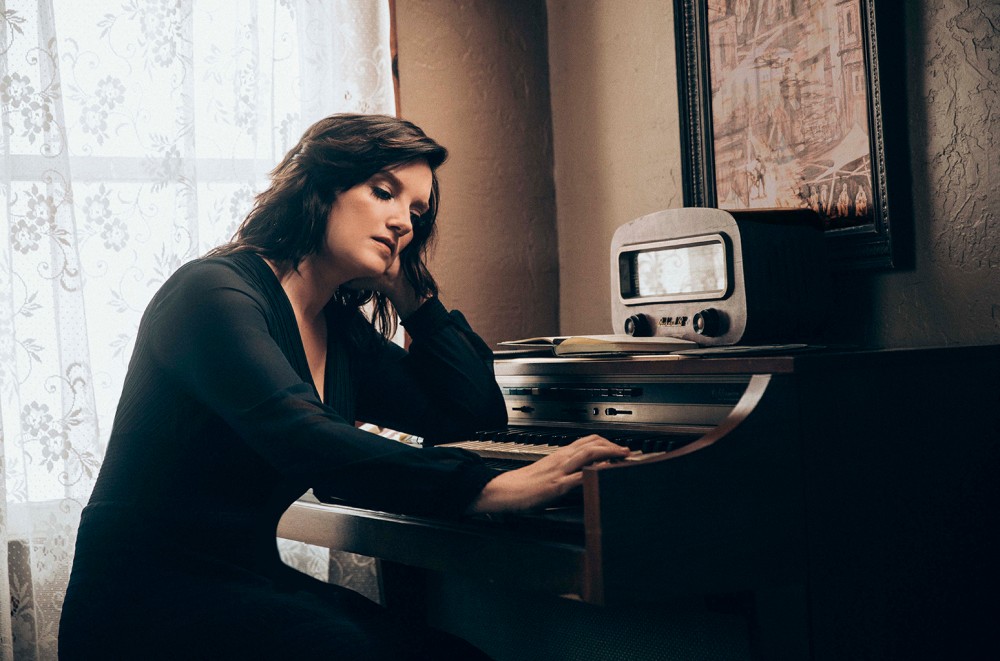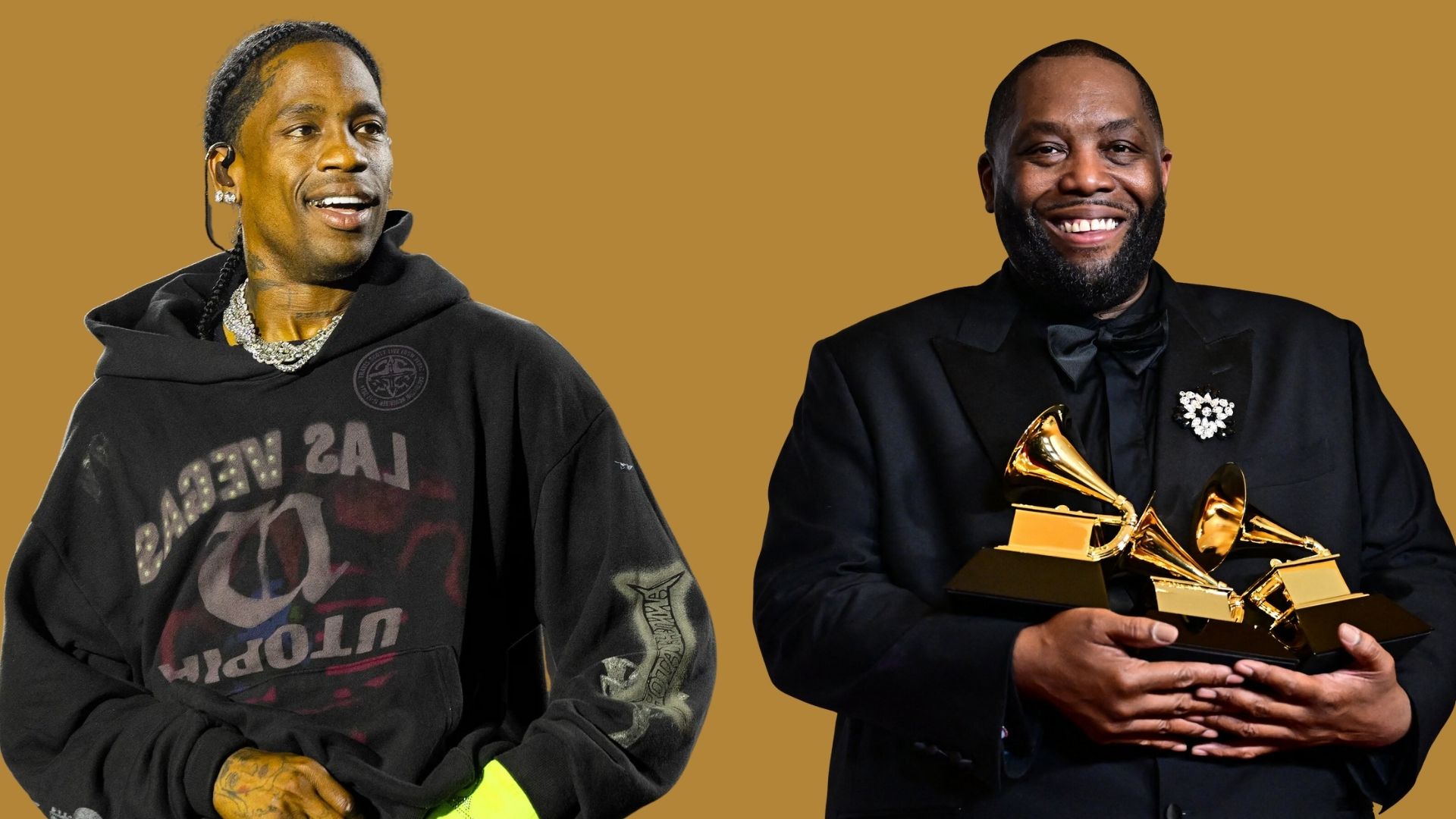The best revenge, it has been said, is a life well lived.
That mentality likewise applies to country music, where radio gatekeepers' amply documented dismissal of female acts could have encouraged many women to simply pack their guitar cases and head back to whatever small town they first called home.
Instead, some women are flourishing creatively in the midst of the persistent neglect, and their efforts might well influence a trend or two in the genre's evolution.
Three artists who are rolling out new projects in the coming months — Brandy Clark, Kree Harrison and songwriter Jessi Alexander ("I Drive Your Truck," "Turnin' Me On") — brushed off the uphill battle to fashion works that are personal, emotional and compelling. And, even if gatekeepers choose to ignore them, it won't be for poor performances: Their work fits snugly within the boundaries of commercial sound.
Clark's Your Life Is a Record (due March 6, Warner), features a trim, four-piece band with horn and string arrangements that lend elegance and warmth to songs about separation.
Alexander's Decatur County Red (due March 27, Lost Creek) embraces the singer's Jackson, Tenn., roots, building on a honky-tonk foundation while folding in other genres indigenous to the region like Stax-bred soul, blues and Southern rock. And Harrison's Chosen Family Tree (due June 12, One Vision Music Group) balances the melodic ethos of 1960s and '70s arrangements with contemporary production techniques and phrasing.
Alexander's and Harrison's timing underscored the the underdog nature of their efforts. Alexander played and discussed all eight songs on Decatur County Red at a listening party for insiders and media on Jan. 14. Two days later, Harrison held an album-release concert at Nashville's 3rd & Lindsley. Just hours after Harrison's performance, TBS' Full Frontal With Samantha Bee lampooned terrestrial country radio for its underrepresentation of women in a sketch titled "Sexism in Country Music," placing an embarrassing industry issue on national TV.
Female artists who were driven only by market considerations would likely not invest the time, money and emotion required for an album in such a negative atmosphere. But Clark, Alexander and Harrison ambitiously pursued their passions, driven more by the work than by an unpredictable reception.
"It's just in me to make music, and I'm going to find a way and find an audience," says Clark. "I put my first] album out at the end of 2013, and so we're five years, six years into this, and I have found an audience that sustains what I do."
A part of her audience has been generated by radio and streaming platforms, and she readily agrees that those outlets have had an impact.
"There is a power in SiriusXM, or terrestrial radio, or Spotify," she says. "The places where I sell the most tickets are the places where those outlets play me the most."
But Clark has still developed audiences in other markets. She benefits from some attention for her songwriting, as a co-author of Miranda Lambert's "Mama's Broken Heart," Kacey Musgraves' "Follow Your Arrow" and The Band Perry's "Better Dig Two." Musgraves brought publicity through mentions in interviews and on social media, and additional awareness came through a key opening slot on a Jennifer Nettles tour.
Harrison established herself nationally as a contestant on American Idol, earning high praise from then-judge Keith Urban and building sustained interest in the process.
"I was in their living rooms every week, so we got to know each other real well," she says of the Idol base. "They know my blood type, probably, at this point."
Alexander has released two previous albums and garnered award nominations as a writer, particularly for the Miley Cyrus pop hit "The Climb." She has also done some tours as a writer, including a few performances that pair songwriters with a symphony. A representative declined to make her available for this story, but at her listening party, she indicated that she believed so strongly in the material that she quietly financed the recordings herself.
As the Full Frontal piece acerbically suggested, there's a discriminatory component to the lack of attention women are receiving at radio. It hasn't stopped these women from exploring their art, though the phenomenon likely has long-term consequences, underserving potential future artists.
"I can't imagine being who I am and sounding like who I am without having grown up, listening to The Judds on the radio, or Trisha Yearwood] or Patty Loveless]," says Harrison, citing a few of her female influences. But her artistic education was not built on a single gender. "I'm so thankful for that and Dwight Yoakam and Alan Jackson," she adds. "I can't choose, and nobody made me feel like I had to, growing up on the radio."
Meanwhile, the strongest women may be using the rejection to lay a different sort of foundation for the future. When country music went into a commercial tailspin in the '80s, label executives stopped directing their artists toward the crossover target that led them into the doldrums. The creative class, producer Tony Brown (George Strait, Vince Gill) has said, had more freedom to follow its gut, and that led to the genre's next waves: the rise of traditional country artists such as Randy Travis and Keith Whitley, and the introduction of edgy acts Steve Earle, Lyle Lovett and Nanci Griffith, whose branch eventually evolved into Americana.
Since females as a gender find themselves in a similar cyclical downturn in country, the most determined are using their freedom to make music that is not tied to typical gatekeeper restraints. It's tough to know if, and when, one of those unexpected creative choices will break a difficult logjam.
"If I was an artist in the top 10 on country radio, I don't know that everybody would go for me having flutes on a song," says Clark with a laugh. "As women, we do get to paint with a few more colors than most of the guys do. And some of that is because our music has to find a little different way."
This article first appeared in the Billboard Country Update newsletter. Click here to sign up for free.



